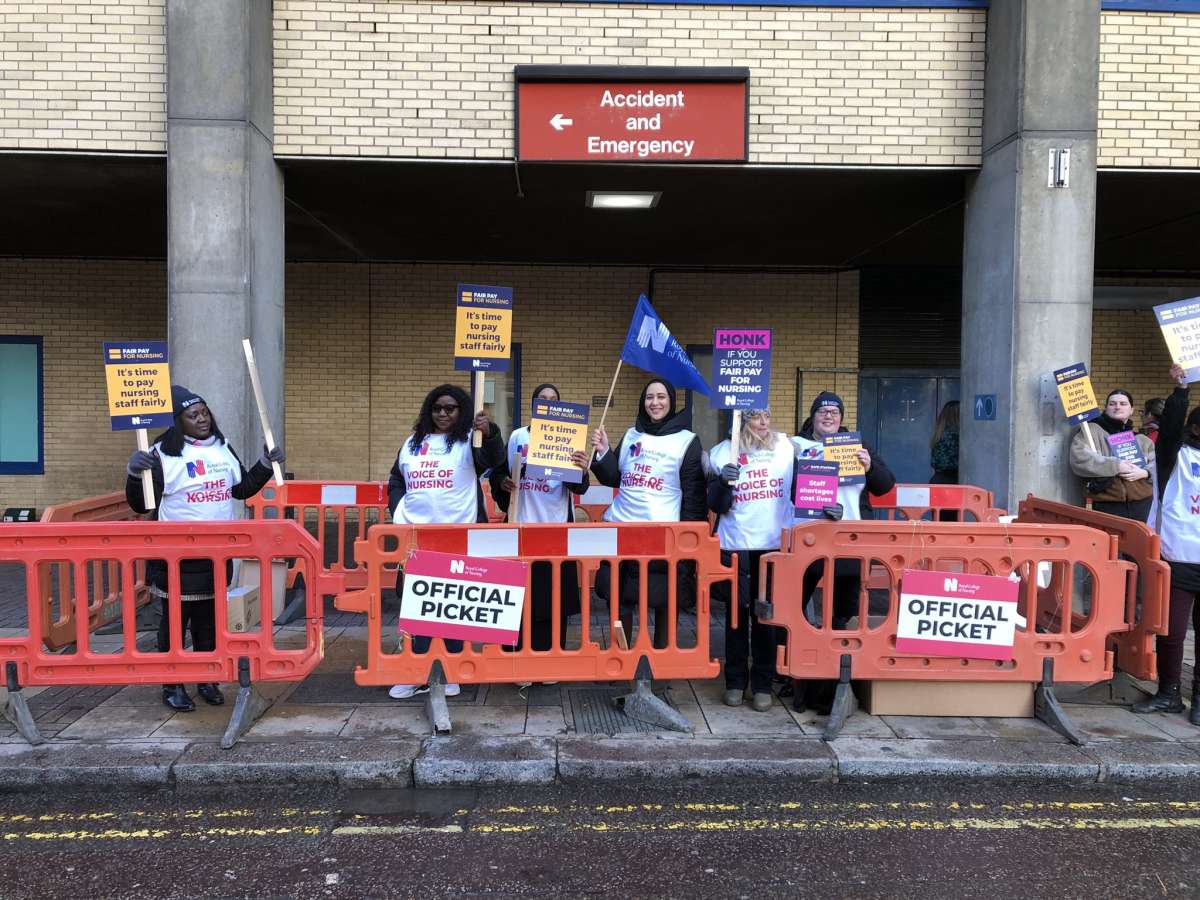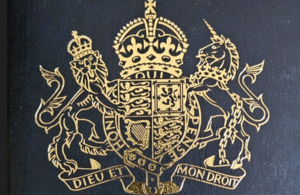The head of the PCS union representing staff has warned that industrial action could last well in to the new year…reports Asian Lite News
Strikes could continue into 2023 unless the government enters talks with unions over wages, the TUC head has warned.
General secretary Paul Nowak accused the government of “stonewalling” pay negotiations with unions.
There has been widespread industrial action across the public and private sectors as living costs have soared.
The government said if public sector wages rose in line with the cost of living, it would lead to “worsening debt”, leaving “everyone poorer”.
Nowak said: “If the government refuses to negotiate, I think we may see more industrial action as we go in to 2023”.
Nurses across England, Wales and Northern Ireland held the largest strike in the history of the NHS during December and more action is planned for January.
Meanwhile, train and postal services have been disrupted as rail workers and Royal Mail staff walked out in rows over pay and conditions.
The rate of price rises – or inflation – reached 10.7% in November, the highest in 40 years, stoked by soaring energy bills.
The Bank of England has raised interest rates throughout 2022, taking borrowing costs to a 14-year high of 3.5%.
Nowak, who is replacing Frances O’Grady as head of the TUC, said workers “feel that they have no alternative [to strike] because they’re facing yet another real-terms pay cut”.
“And when you think about those energy bills landing, the cost of the weekly shop, filling up your car, rents and mortgages going up, the one thing that isn’t going up is wages.”
“We have been reasonable in our approach to agreeing to the independent pay review bodies’ recommendations for public sector pay rises,” a government spokesperson said.
“An inflation-matching pay increase of 11% for all public sector workers would cost £28bn. That would be a cost to each household of just under £1,000”, the spokesperson added.
Rail strikes will continue on Thursday, 29 December as TSSA union members at West Midlands Trains and Great Western Railway walk out in a row over pay as well as terms and conditions.
Border Force staff, including many who check passports, are staging further strikes which will last until 31 December, although disruption at six airports affected has been reported as “minimal”.
Driving examiners who are PCS members are also on strike until 31 December in a row over pay, pensions and redundancy terms, and action will continue throughout January.
The head of the PCS union representing staff has warned that industrial action could last well in to the new year.
Rail travel in the first week of January, when many people return to work after Christmas, is expected to be disrupted because of strike action.
Members of the RMT union will walk out on Tuesday, 3 January and Wednesday, 4 January. They will strike again on Friday, 6 January and Saturday, 7 January.
Network Rail, which operates and maintains the UK rail system, has warned people to “only travel if absolutely necessary” on those days.
In addition, members of Aslef will walk out on Thursday, 5 January. Train operator Southeastern has warned there will be no services on that date and severe disruption on the days before and after due to the RMT strikes.
Scott Brightwell, operations and safety director at Southeastern, said: “We urge you to check our dedicated, up-to-date, strike page before travelling.
“Train services are expected to be extremely busy on the routes that are running on RMT strike days, and so we’d advise our customers to make their journeys later in the morning and earlier in the evening if they can.”
The Rail Delivery Group, which represents the train operators, said the RMT strikes will mean only around 20% of services will operate and “half of the network will shut down”.
ALSO READ-‘Gas prices in Germany to remain high for most of 2023’













